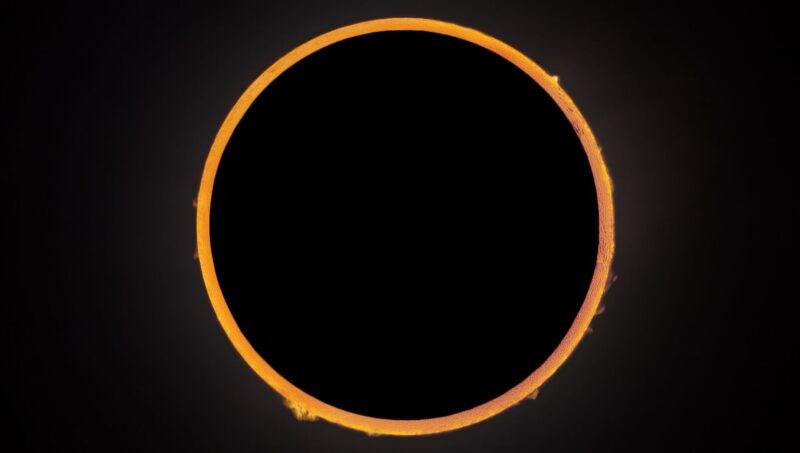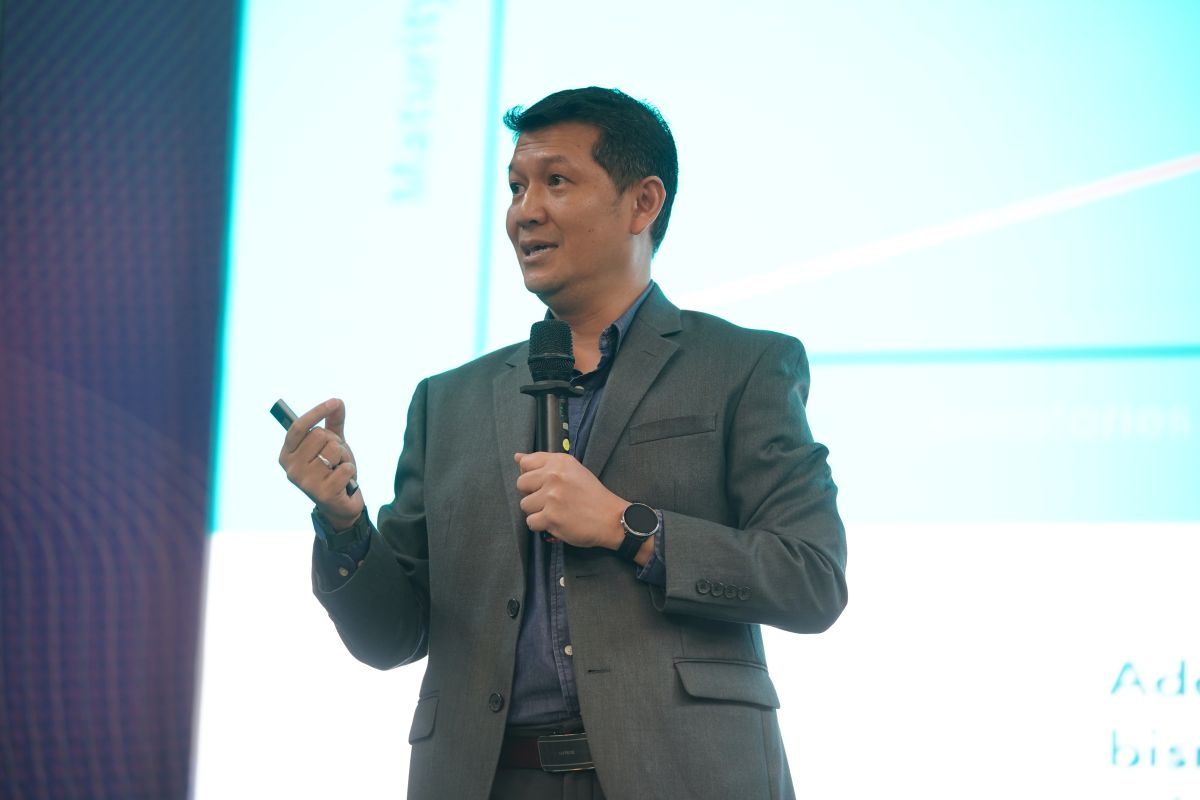Indonesia's Role in Future Lunar Explorations
By Adi Permana
Editor Adi Permana

BANDUNG, itb.ac.id — The study of space exploration has been going on for decades and is an interest to many. One organization, for instance, is the ILOA (International Lunar Observatory Association).
ILOA is an international organization focused on lunar research and exploration. Its recent mission is the ILO-X which carries a small space telescope to collect preliminary data before the launch of ILOA-1. As an effort to introduce astronomy and its mission, ILOA held forums in several countries including Indonesia.
The event is a collaboration between ILOA and ITB’s Astronomy study program. In the form of a mini galaxy forum, it is open to the public with the theme "Moon Exploration for the Future of Humankind". Dr. Chatief Kunjaya, a lecturer in ITB Astronomy and one of the directors of ILOA, was present and shared Indonesia's role in ILOA’s missions and programs.
According to Dr. Kunjaya, the main driving factor of Indonesia's role in lunar exploration is its educational motive. Based on his past experiences as a teacher, he observed that students tend to avoid topics related to science and technology because they view these subjects as difficult and boring. Thus, he thought this mindset can be changed through missions conducted by ILOA.
"In my experience, science is seen as a difficult and boring lesson. Students are unmotivated to learn this subject. However, science and technology are the keys to transforming Indonesia into a developed country, whereas this country, in general, is still lagging in terms of space science,” he said. “Therefore, we need more young people to learn science and technology.”

To realize this ideal, ILOA held a contest to process images of stars and galaxies captured by the ILO-X telescope. Targeted at middle and high school students, this competition is hoped to raise the enthusiasm and curiosity of the younger generation towards the science and technology of astronomy.
At university, space education can be carried out via research on the exploration results of the ILOA-1 mission. Existing research groups can utilize the data from the mission not only for the development of astronomy studies but also for other interests related to science.
"Besides teaching students about the matter, we must also think about the possibility of students who are interested in this mission. We have those majoring in astronomy, informatics, and aerospace in ITB, so maybe we can construct a research design for them in the future," Dr. Kunjaya added.
The expected result of ILOA’s mission and programs is the various impacts on communities, especially in science literacy. The success of the result can be identified via parameters like the increase in motivation to learn science. From students’ perspective, they can expand their interests and abilities through open collaboration in research so that they can be encouraged to create an ideal climate for enhancing the advancement of science.
Reporter: Hanifa Juliana (Urban and Regional Planning, 2020)
Translator: Ruth Nathania (Environmental Engineering, 2019)


.jpg)

.jpg)
.jpeg)

